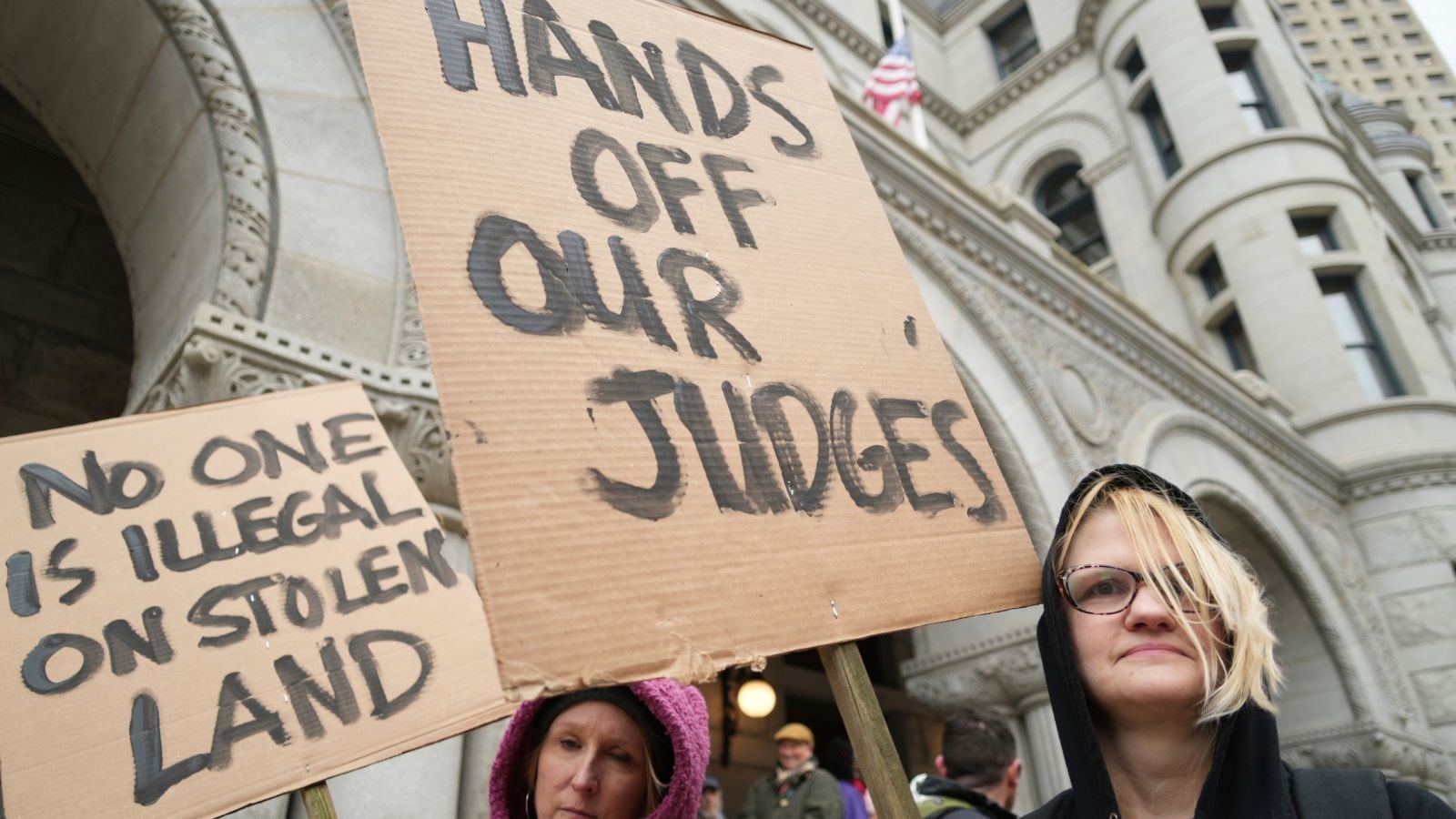“We are crossing roads.
You honk. Big red car.
Your porcelain face
resting on the steering.
I am used to honks.
I will tell myself
you did not just yell,
you helped me see
the red light
before it turned red.”
When I wrote this poem, I was asked by a fellow (White) poet in the workshop: Are you sure the guy honked only at you? I had asked in return: Since when is honking at anyone normal in the West?
This was 2022. By the time my poetry led me to a book festival, my invitation to speak seemed like a miracle I had accidentally staged. I was there but not quite there. The glare of writers, whom I had shared multiple courses, bursaries and writing programmes with, glanced at me without looking, like one would step on a disappointment and run away. The invisibility that follows is often this subtle, an act of omission that doesn’t have to feel like an omission because one is included — on pamphlets, programme brochures, the stage. I exist, of course.
The year I arrived in the UK as a long-term resident, my writing explored the inequalities I witnessed while growing up in India. Some of my poems bled on the pages, I believed that was the end of it, that I would never write in anger again. But earlier this year, a string of poems on race appeared. From this heart stems an emptiness that swallows all the normal days, the beautiful seasons, the roads we once considered free.
Newspapers have reminders of a coloured person’s insignificance in a free country. “The NHS will have a longer waitlist; the garda, the PSNI don’t come on time; the people feel it’s a right to interrogate every coloured person.” I am not saying any of this, the newspapers are.
The mirror I look in is prosperous; I should be reasonably scared the next face to be smashed could be mine. An image of an immigrant, who is well fed, has enough to clothe, and fire in the belly to stage a fight, compete for the same status and pay check as the majority, is not the stuff that inspires a White person’s benevolence; it invites fury.
One chooses to overlook until someone gets smashed, disrobed, bloodied on the roads. Then, another man falls. Then another… And then, a little girl in a park. Suddenly, I am worried sick about the schools reopening. That’s when my girl would walk to school in a city that is, as the locals call it, Dublin’s poor cousin, Belfast. Aye, I worry more. It’s the end of summer and a long winter is coming in the North.
The North has been sold as a fable in a television series we all love. I have been in the middle of all its beauty and wild serenity. In Belfast, its capital, sea gulls dot busy streets, bird songs audible to the human ear. In the marvellous turn of seasons, the city’s heartbeats also carry countless of us who have arrived in droves. In all this beauty, all I increasingly feel is anxiety, an insidious calm before the storm.
Sandwiched between the UK and Ireland, I do not simply exist between India and Britain; I am also caught in the middle of the colonial angst the Irish hold for the British. In this complicated narrative, mine isn’t the one that easily gets noticed.
Back in the immigrant-rich past, many immigrants swallowed insults because they had nowhere else to go. Once in the cold arms of the West, they chose to survive against the idea that a home country exists. Which country would they return to — a License Raj India yet to open and reap the benefits of globalisation? Now the immigrants are different. Just last week, a friend left for India with his family, within a year of arriving in the UK. Those who have stayed roll their eyes and speak about the microaggressions — in safe spaces, in whispers. One friend is particularly irked by the various iterations of diversity thrown to assuage the White man’s burden — self-help brochures and notices reiterating zero-tolerance anti-racism policies. Alienation is not the only price you pay for staying put. Of course, one must also allow for the precariousness of perceptions — they could go both ways and as rational people, we must nod and see the unfairness of caricatures.
But palpable as it’s become, the British and the Irish people are just very angry. I see them, I get this. The government asks them to be productive. The housing prices have hit the roof. The benefits must be shared with those they have benevolently opened doors for but can’t invite to the dinner table. In the middle of this storm, Indians are buying homes, living in tony neighbourhoods, working harder, paying taxes, filling the critical skills gap in key industries, and assimilating better. Again, I am not saying this, the UK government reports on Indian immigrants are.
Human hate doesn’t look any different than the hatred countries throw at each other. Donald Trump is slapping tariffs on India because India is growing. Or, China for that matter. But while China has been at this battle for long, India has a new-found economic status, and suddenly, all the camaraderie has turned to a form of resistance that’s been turning disturbingly violent.
In deeply unequal societies, people from lower rungs face the wrath of the elites when they climb up. In the global history of nations, aids and charities prevailed if the poor were starving and not aspiring to be thought leaders. The giant charade of the world is simply this: To ask the underdogs to stay in their lane and hold the peace. I don’t think anyone would say this to my face and that is the infuriating stab of it all — I hear it anyway.
Padma-Uday is a Belfast-based writer and business historian

